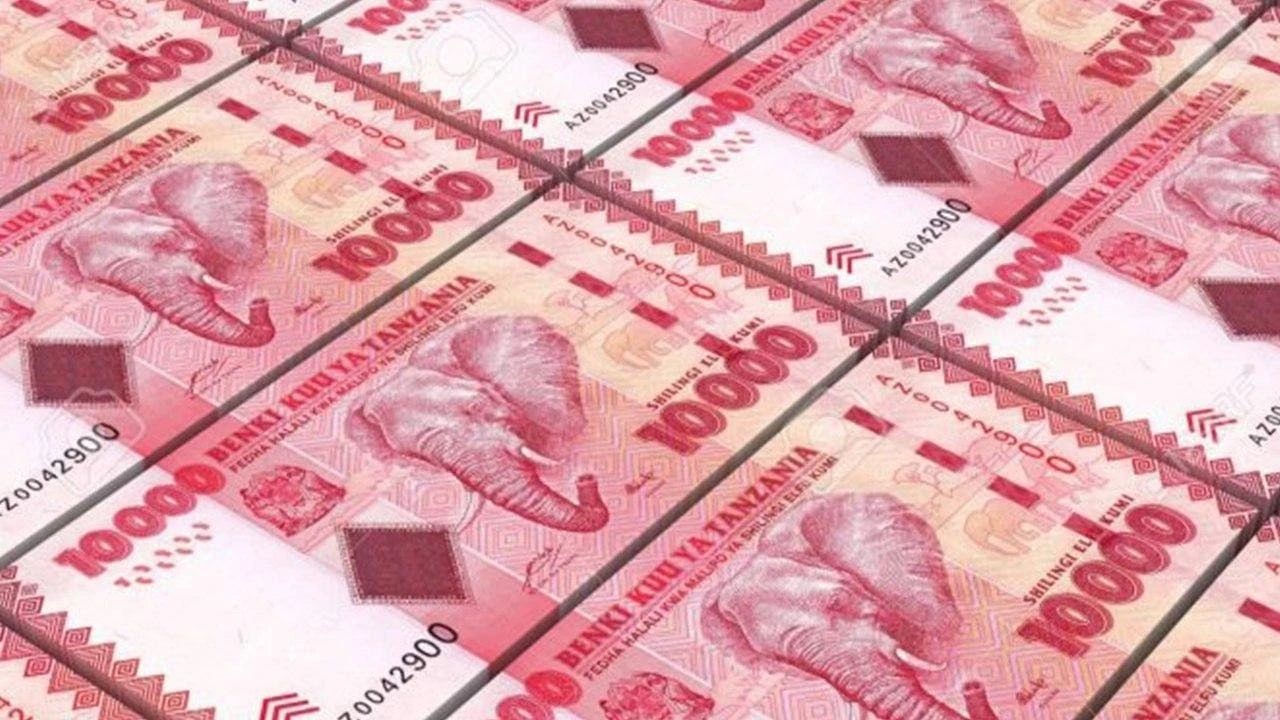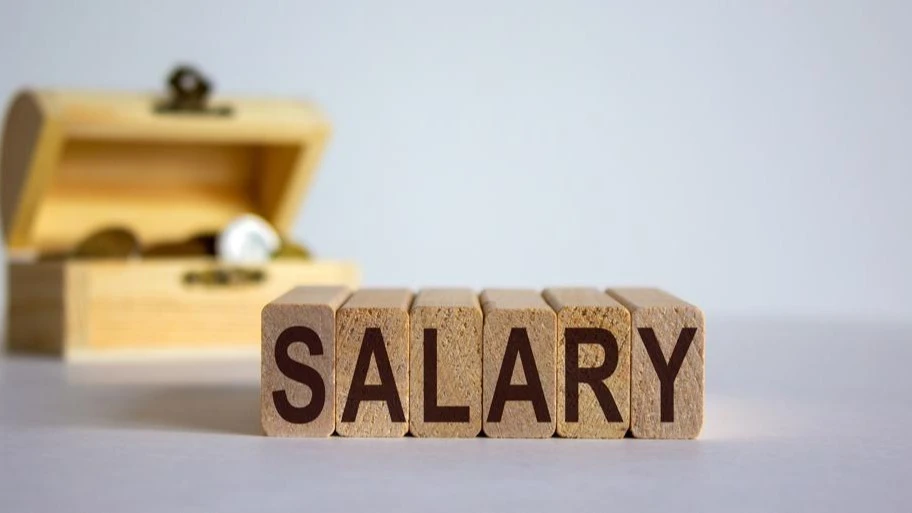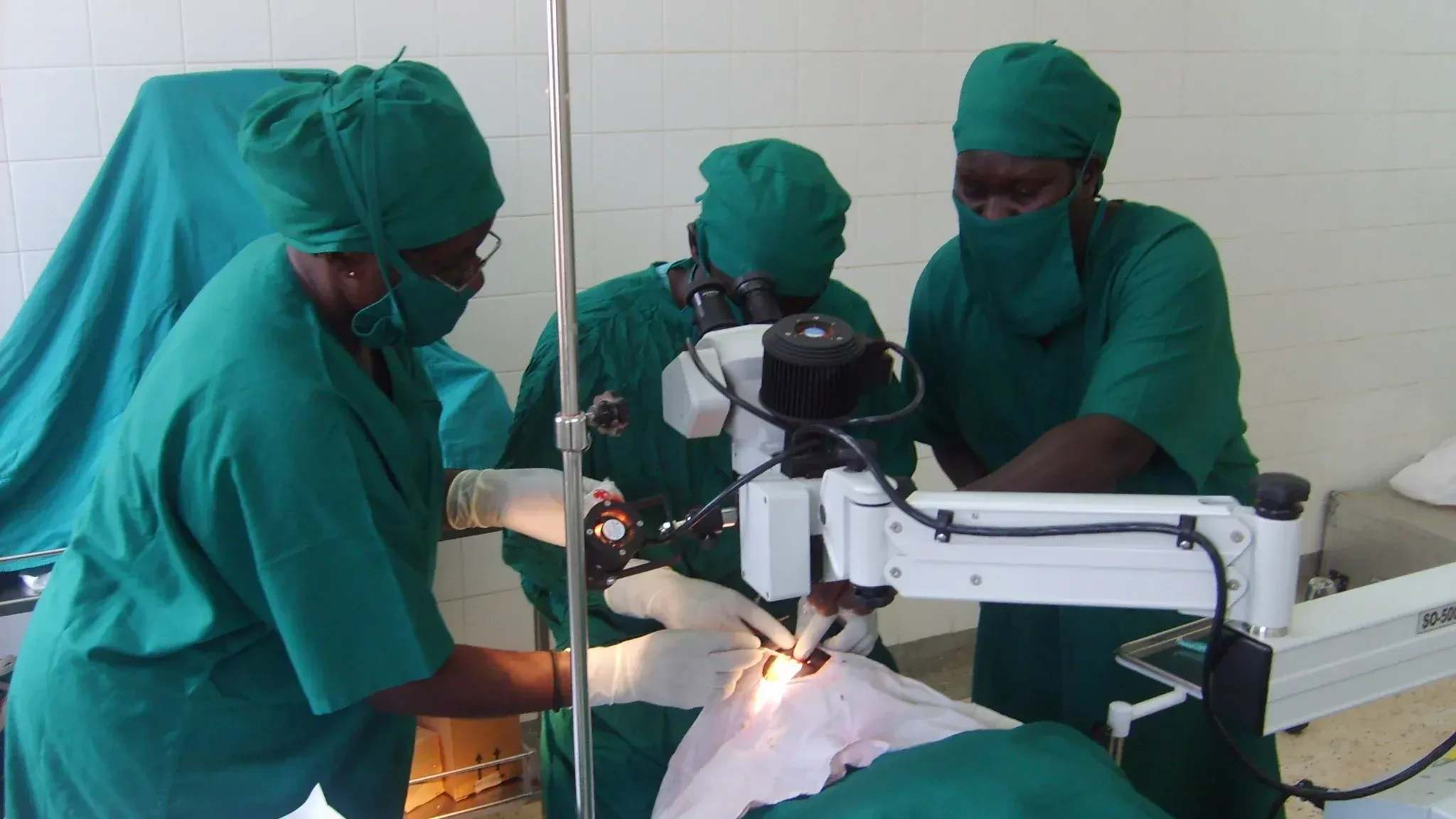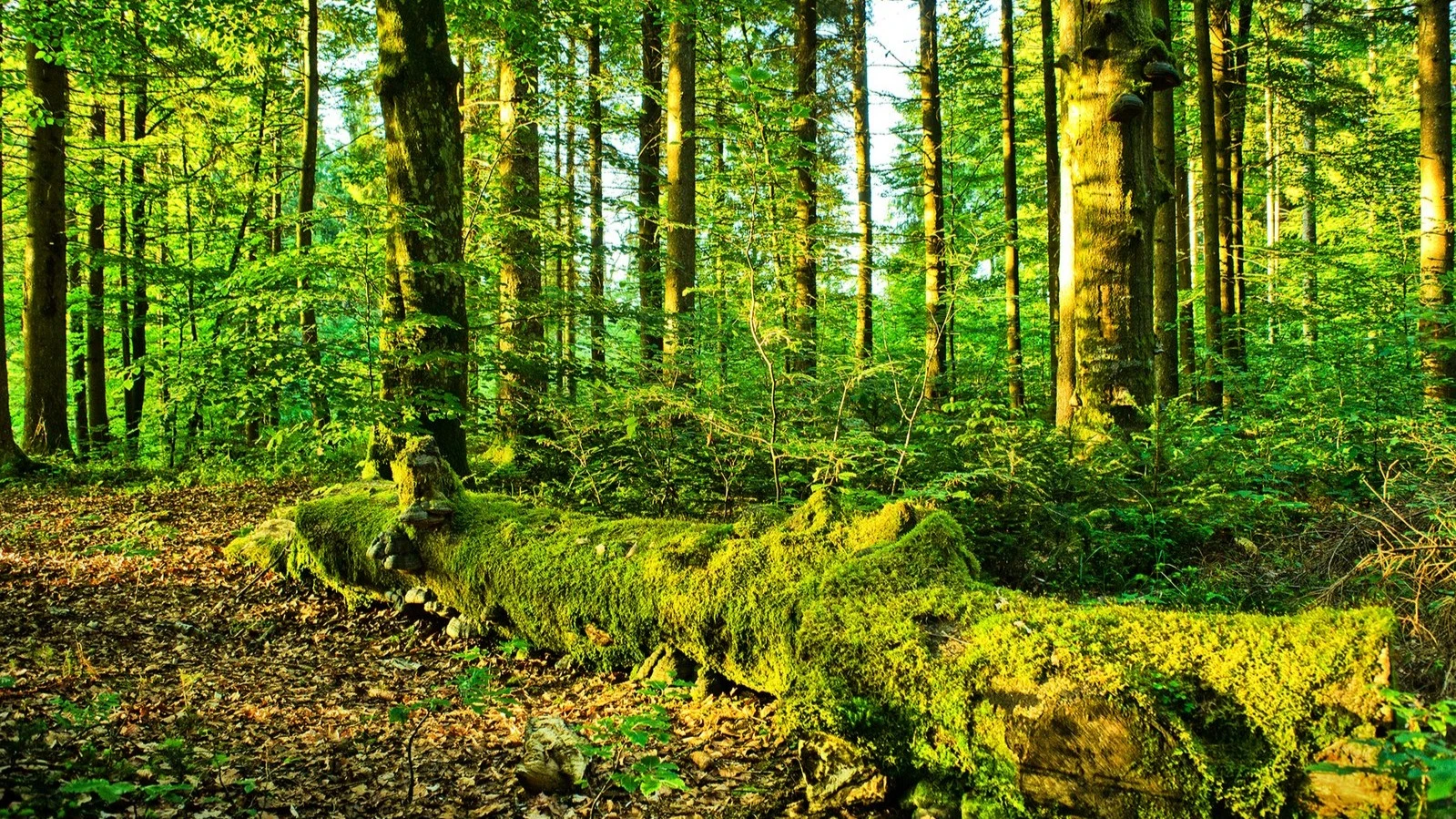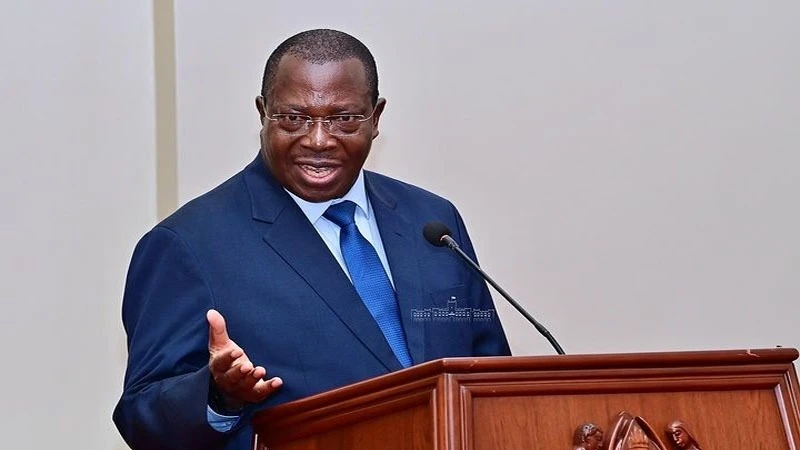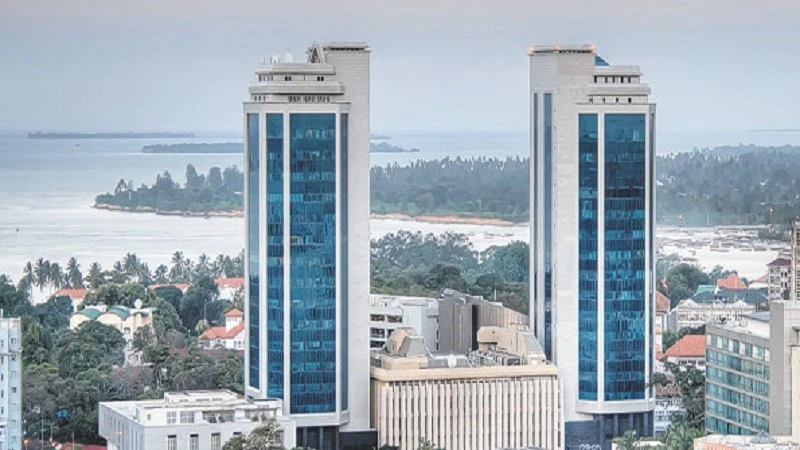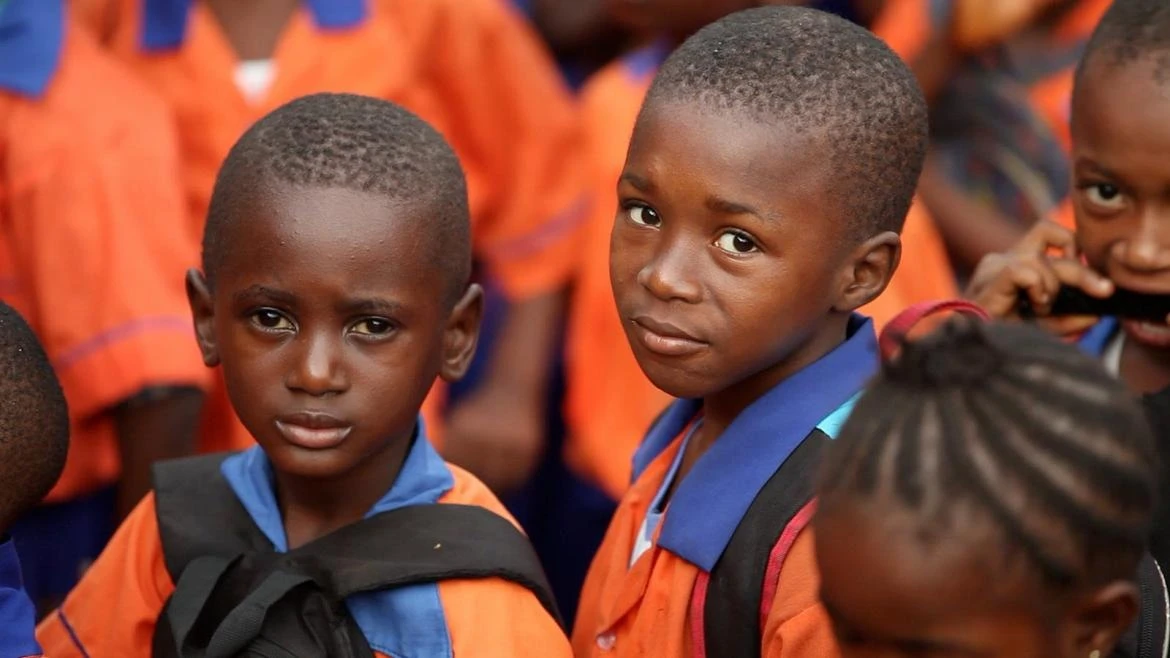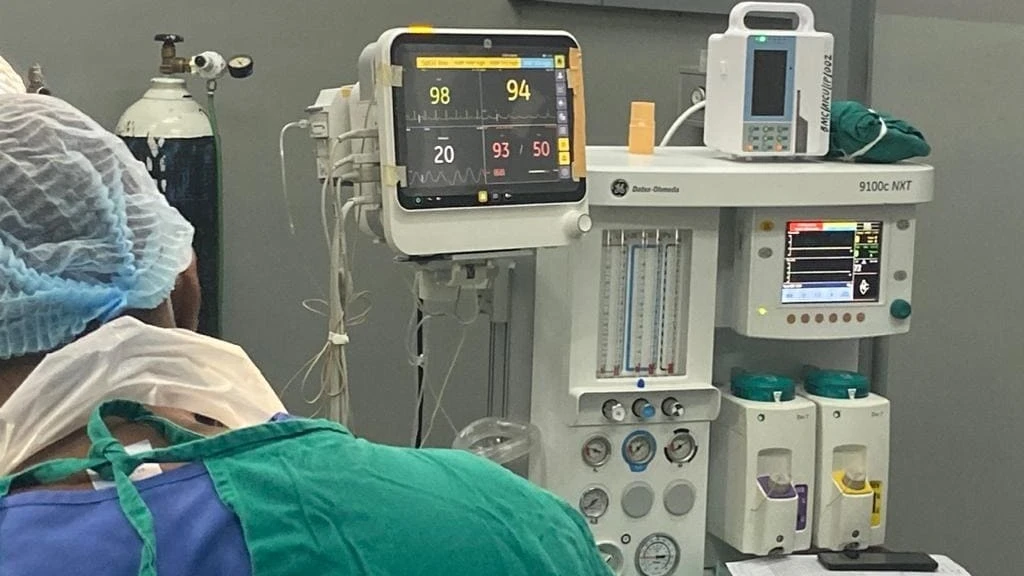Mnazi Bay wells 30m cubic feet of gas a day big shot in the arm
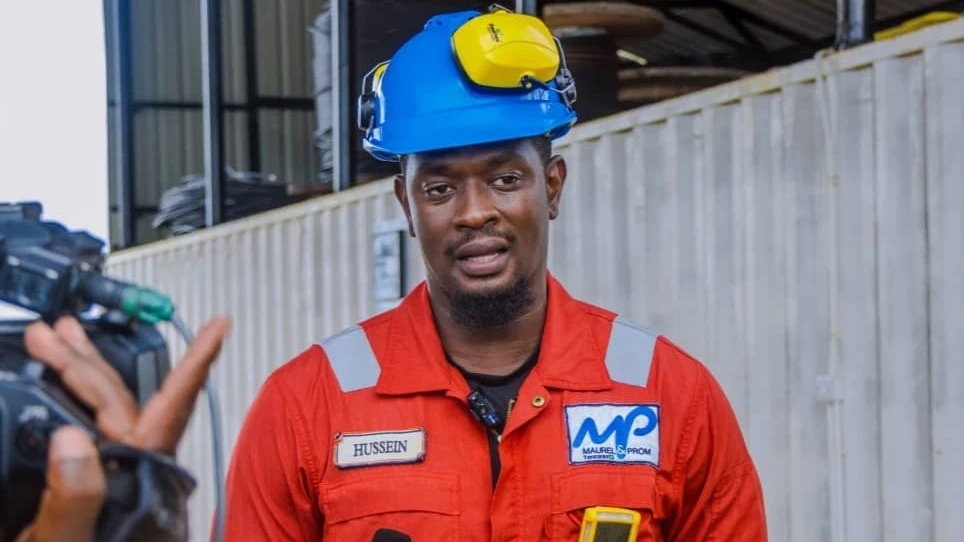
BUDGET planners will be relieved with the news that gas extraction is about to start at three new wells at the Mnazi Bay block in Mtwara Region, adding over 30 million standard cubic feet (mscf) per day to current production levels.
This is what officials at the site told a visiting team of journalists led by the regulator, the Petroleum Upstream Regulatory Authority (PURA).
Maurel et Prom Exploration, a French company operating the bloc, said the bloc currently extracts 100 mmscfd from five existing wells, with preparations in final stages to start gas extraction later this year. Excellent.
The new development, coming in the midst of international trade turmoil and an uncertain future for development cooperation, reminds one of some development projections in the aftermath of the Covid-19 crisis.
An expert said that as global multilateral flows diminish – and well before the current crisis – African countries with a wealth of natural resources are likely to be more resilient in containing the effects of the pandemic.
This projection is even truer now as critical minerals dominate strategies in how countries push with special agreements, in tatters of traditional multilateralism.
The main use of local natural gas is facilitating electricity generation and then increasingly, replacing petrol and diesel in motor vehicles, but the process is bitingly slow, though efforts are being made to change this.
PURA officials accompanying the journalists focused their briefing to the community transition to clean cooking energy, which is relevant but a small matter compared to budget relief when the change is interpreted in terms of pruning obligatory foreign exchange needs at the Treasury, as it means a lot to budget planners, tax strategies or social resilience.
The use of gas to generate electricity was once costing the government a fortune – during intermediate years from the power crisis of the mid-1990s to natural gas extraction starting around 2013 in earnest.
Assured supply of natural has in a way kept at bay the flowering of alternative renewable energy initiatives, especially because power distribution is skewed to admit just one producer.
Creating a biogas source in some neighbourhood and then start figuring out how to conduct alternative wiring and token distribution can be a headache. Few authorities would rush to help.
Remarks that extracting gas at the new wells marks a major step in strengthening Tanzania’s position as an emerging energy hub, supporting industrial activity and power generation through a steady supply of natural gas were a bit overextended.
Plenty of shipping space will be left idle as US tariffs sink in, and the lower costs can induce even near neighbours to source elsewhere if regulars post monopoly prices.
That is why the regulatory agency needs to focus on widening the market uptake especially in reducing imports of fuel, not cooking energy transition as the point of concern.
The wolf is in the regulator’s room as it is painful for them to invite the private sector into mobile gas filling or conversion of motor vehicles, wishing to literally ensure a public sector monopoly as liquid fuel is gradually replaced. This sort of monopoly and renationalisation hangover risks to add avoidable stress to budgets.
Top Headlines
© 2025 IPPMEDIA.COM. ALL RIGHTS RESERVED






